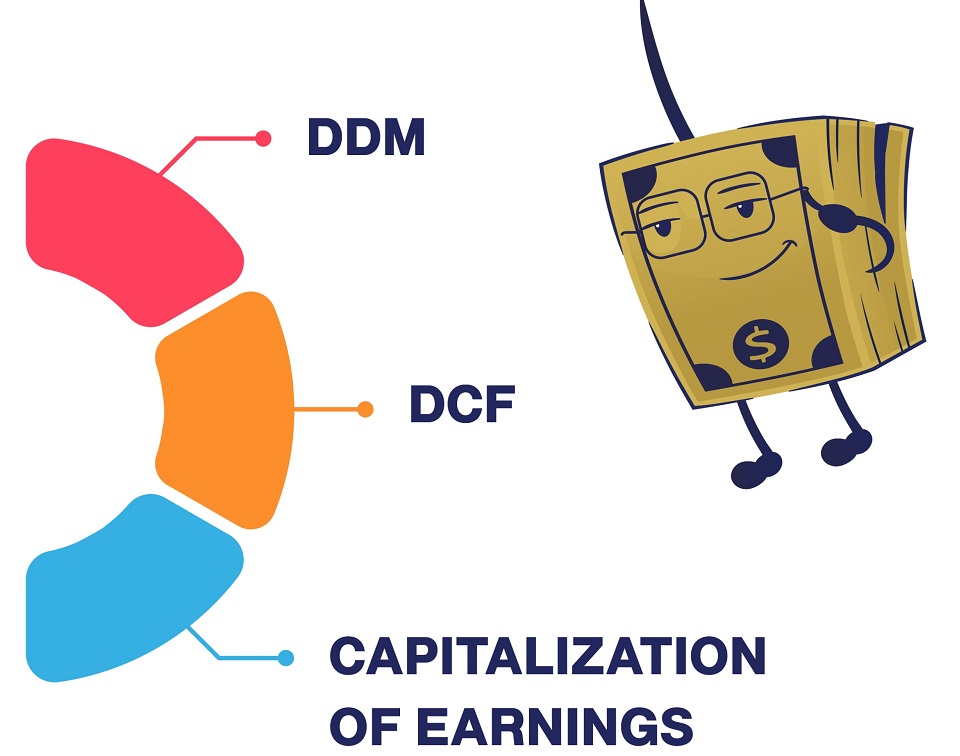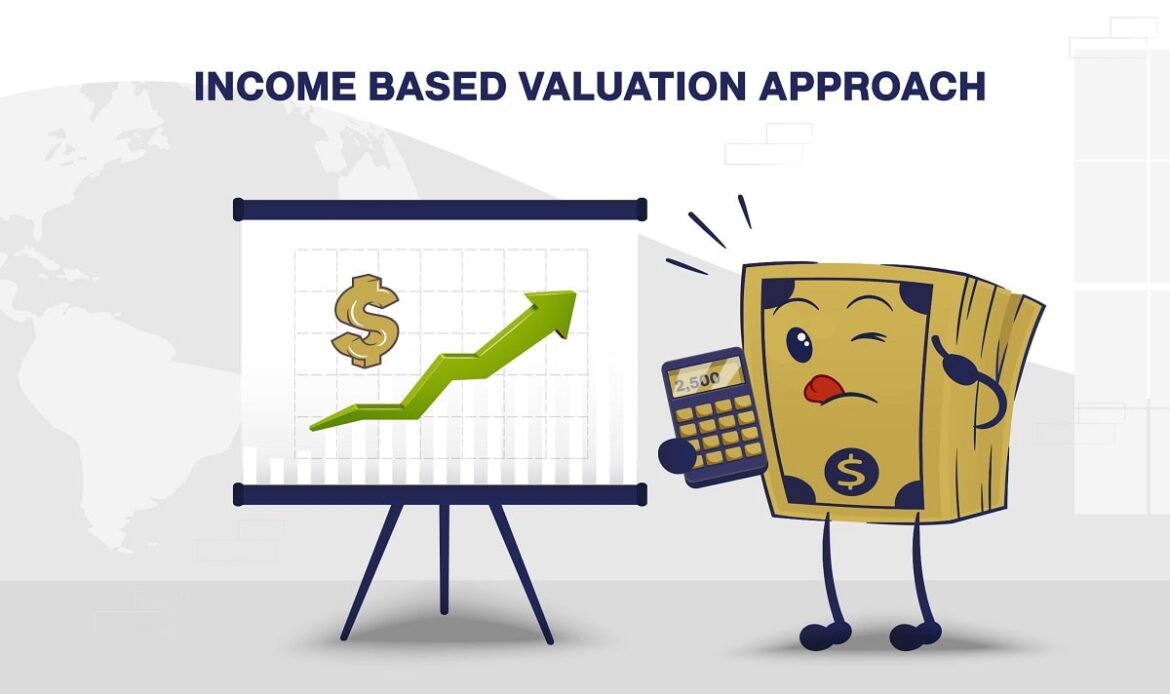So, we previously talked about business valuation, what it is, and why companies need it. We also talked about how there are multiple approaches to this process. And today, we’re gonna tackle one of them! The first approach that we’re gonna talk about is the income based valuation. We’re gonna tell you what it is, and the methods that fall under its umbrella! Now, let’s get cracking, shall we?
What Is the Income Based Valuation Approach?
Income based valuation is, as the name suggests, all about income in the future. You see, accountants make predictions for future income that a company can make. And based on that number, they can calculate the current value of that company. Now, this valuation approach includes multiple methods that accountants and experts can use. And we’re gonna dive into it all right now!
Income Based Approach Methods

Discounted Cash Flow (DCF)
The DCF method is one of the popular income based valuation methods. It basically forecasts future cash flows and discounts them from present ones to find the present value of the company. To do that, experts use a discount rate which is the interest rate over the years. So, if they discount the present value from the future value and that number is positive, the project is probably worth it. Now, the downside of this method is that it’s mostly predictions and doesn’t take into account unforeseen economic changes. So it’s preferable to use another method alongside DCF just to be on the safe side.
Dividend Discount Model (DDM)
So, the DDM is similar to the DCF method. However, the difference is that in the DDM, the focus is on the dividend instead of cash flow. Dividends are earnings that companies pay to their shareholders. Anyway, the DDM measures the value of stocks by finding the present value of future dividends. So unless the company has shareholders who receive dividends, the method is not usable.
Capitalization of Earnings
Another income based valuation method is the capitalization of earnings. In this method, experts calculate a company’s value by dividing projected annual earnings by a capitalization rate. The capitalization rate is the return rate that investors will expect from this investment. Now, this method is mostly usable from well-established companies with a pre-existing financial history. That would make the method more accurate knowing the history of the company.
Some Notes About the Approach
While the income based valuation approach is pretty objective, there are still factors that affect it. For example, the state of the economy, the performance of the company, and most importantly the discount rate choice can all influence the calculations. And this might count as a drawback when it comes to pros and cons! You see, the wrong assumption when it comes to discount rates could alter the whole outcome. So, if you wanna save yourself the trouble of it all, maybe you can hire an external source to do the valuation for you! Luckily for you, Noraal is here to solve all your finance-related problems!
